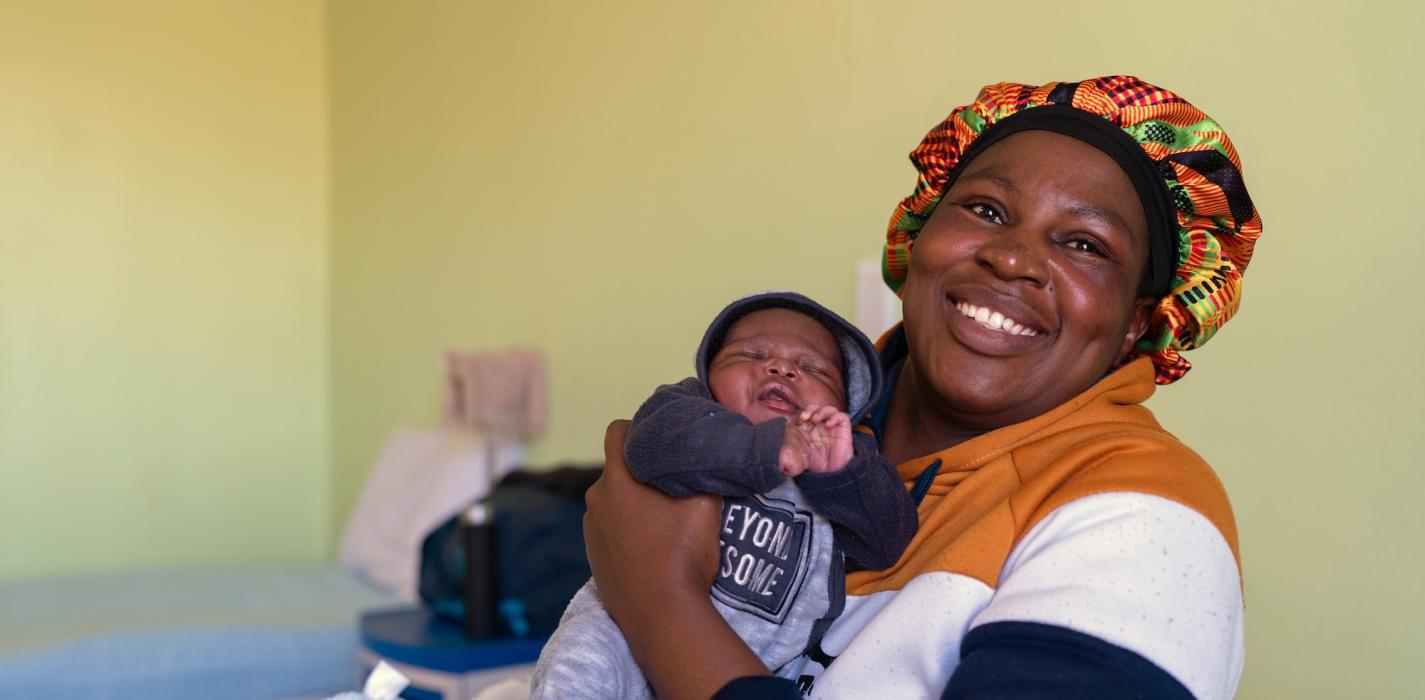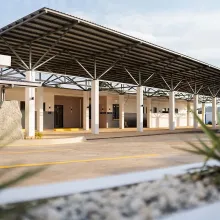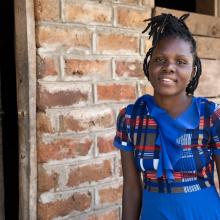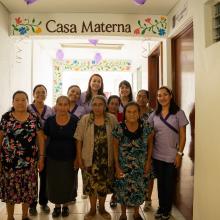Women's Health

Despite being central pillars of communities, women continue to be the most underserved. Partners In Health strives to address this by expanding access to women’s health services.
Our Impact
Transforming global health means prioritizing women’s health
-
58,000Safe, facility-based deliveries
including 10,000 lifesaving C-sections globally each year
-
155,400+Prenatal Care Visits
provided annually
-
50,000+Women in Family Planning
supported women each year
In our efforts to increase coverage and access to women’s health services, Partners In Health provides access to family planning, medical care for pregnancy and childbirth, antiretroviral treatment for pregnant women living with HIV, and support for victims of gender-based violence.
Approximately two-thirds of all our health care services are provided to women and their children—representing close to 1 million women’s health visits, family planning visits, and deliveries each year.
Why Focus on Women and Girls?
Advancing the health and rights of women and adolescent girls is one of the greatest equity issues of our time, with women dying at disproportionate rates. Despite the glaring need, women and adolescents continue to be underserved because of power structures related to geography, poverty, and gender. Global health crises, such as COVID-19, expose and exacerbate these inequalities as health resources are further divided, especially among the world’s poorest and most vulnerable communities.
Addressing the health needs and human rights of women and girls is a moral imperative. By supporting a robust continuum of care, from community health to health centers and referral hospitals, we can save countless women’s lives, transforming the health of a community.
In poor or remote communities, prenatal and obstetric care access is often limited. Each year in developing countries, only about half of all pregnant women receive the recommended services for prenatal care. While potentially fatal complications occur in 15 per cent of all births, 30 per cent of women in developing countries give birth without a skilled birth attendant.
Family planning is one proven method for safeguarding women’s health. However, women in poor communities too often lack access to contraception due to excessive costs, long distances to clinics, and gender power imbalances. If contraception were available, maternal mortality in poor countries could be reduced by as much as one-third.
Our Response
Our belief in every woman’s right to high-quality, specialized care is supported by countless studies showing the ripple effect of prioritizing women’s health. When women are healthy and empowered, so too are families, communities, and countries. That’s why women are at the centre of PIH, guiding our work in improving health care for impoverished communities as both patients and staff.
PIH provides two-thirds of its services to women and their children. In countries with some of the world’s highest rates of maternal mortality, we deliver comprehensive maternal health care, from pre- and post-natal check-ups to care at maternal waiting homes, facility-based deliveries, and cesarean sections. We also offer family planning services, including long-acting reversible contraceptives.
In Haiti and Rwanda, PIH-supported facilities commonly care for women with breast and cervical cancers. Though preventable and treatable, cervical cancer is one of the leading causes of cancer deaths for women in Haiti. Among the first non-governmental organizations to embrace the HPV vaccine for girls, PIH piloted a vaccination program in Haiti between 2009 and 2010 and supported the national HPV vaccination program in Rwanda.
PIH Canada works closely with colleagues across our care delivery sites to strengthen access to women’s health services, sexual and reproductive health and rights, and provide care, support, and community education and mobilization in the fight against gender-based violence.
A Safe Haven for Mothers and Babies
Marc Julmisse, PIH’s chief of clinical systems support, takes you through Kay Manmito. Kay Manmito, or “Mother’s Home” in Haitian Creole, hosts women with complicated pregnancies and mothers of premature and NICU infants, guaranteeing them a facility-based birth and providing free prenatal care, meals, psychosocial support, and health education.
The Maternal Center of Excellence
Every woman should have safe, dignified, and effective health care that allows her to define her future. In Sierra Leone, where maternal mortality is high, we’re building and staffing a state-of-the-art hospital for women and children, making this vision a reality.



